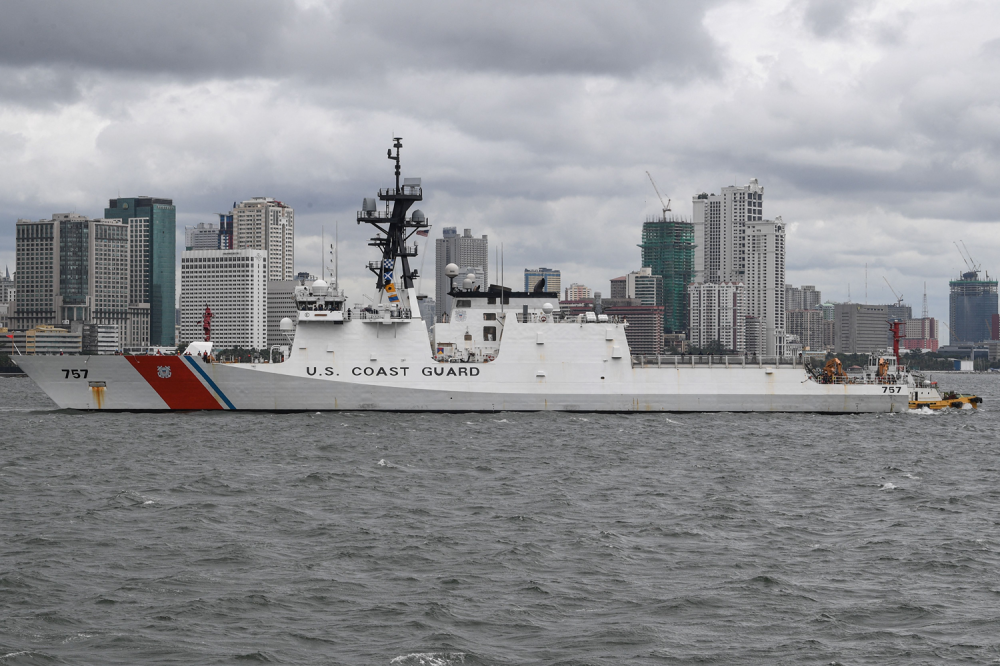Even as it increasingly expends resources to support Ukraine’s defense, the Biden administration is doubling down on its security commitments to the Indo-Pacific, from the deployment of bombers in Australia to establishing a Marine littoral regiment in Okinawa.
Yet in Southeast Asia, the crossroads of the Indo-Pacific, heavy U.S. footprints like this are rarely an option. Washington’s partners are sensitive to the security dilemmas associated with the presence of U.S. hard power and the likelihood of aggravating China.
As a result, the United States has increasingly looked to its Coast Guard as an option to assist regional states with their maritime challenges, advance security partnerships, and serve as a potent soft-power tool. As agencies focused primarily on law enforcement and safety, coast guards are perceived as an increasingly useful regional tool because they can assert national interests without being overtly militaristic and escalatory.
Even as it increasingly expends resources to support Ukraine’s defense, the Biden administration is doubling down on its security commitments to the Indo-Pacific, from the deployment of bombers in Australia to establishing a Marine littoral regiment in Okinawa.
Yet in Southeast Asia, the crossroads of the Indo-Pacific, heavy U.S. footprints like this are rarely an option. Washington’s partners are sensitive to the security dilemmas associated with the presence of U.S. hard power and the likelihood of aggravating China.
As a result, the United States has increasingly looked to its Coast Guard as an option to assist regional states with their maritime challenges, advance security partnerships, and serve as a potent soft-power tool. As agencies focused primarily on law enforcement and safety, coast guards are perceived as an increasingly useful regional tool because they can assert national interests without being overtly militaristic and escalatory.
Much of the attention regarding this…
Read the full article here





